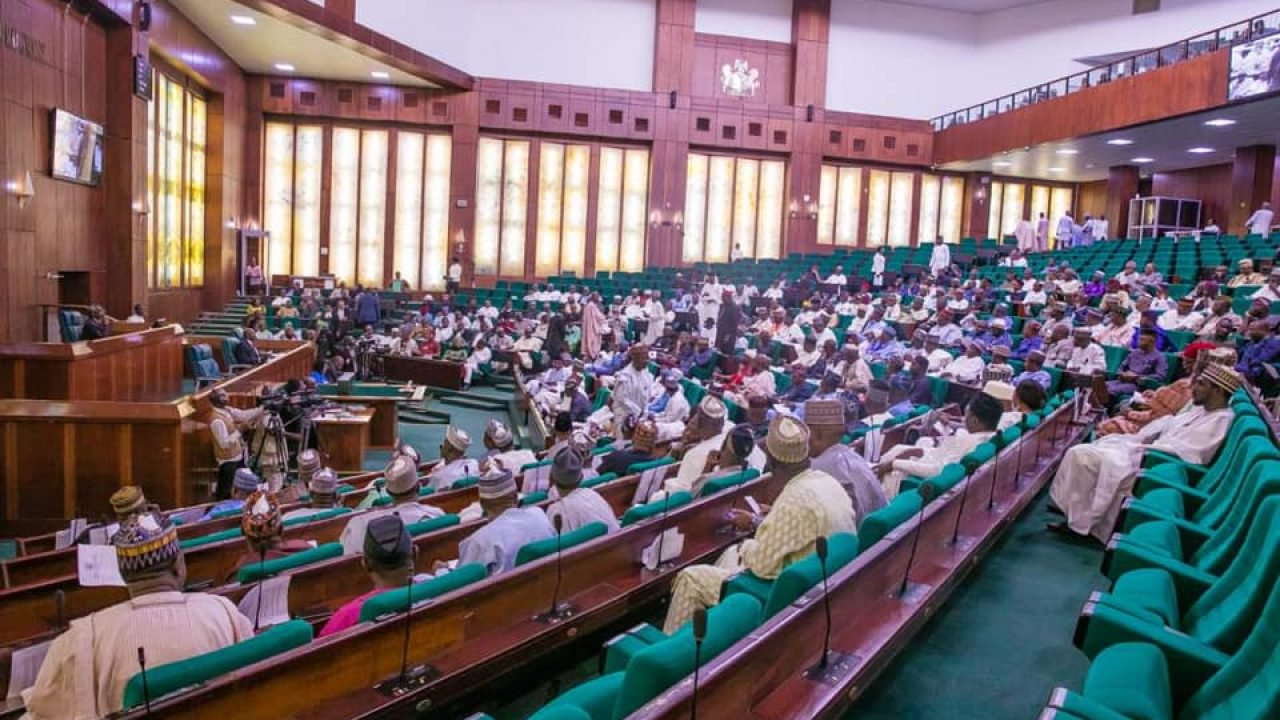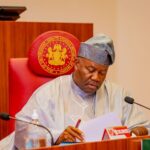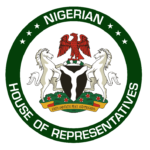The Minister of Transport, Chibuike Rotimi Amachi, the Director-General (DG) Debt Management Office (DMO) and officials of the Ministry of Finance have appeared before the House of Representatives Committees on Treaties, Protocols, and Agreements over the loans and contracts agreement between the Nigerian and Chinese as well as other governments.
They appeared before the Ossai Nicholas Ossai (PDP, Delta) Committee on Monday to explain their roles in the signing and implementation of the terms of agreements and contracts.
Reps investigate CAC, NERC, others over revenues, expenditures
Federal agencies diverting revenues for trivialities — Reps
It could be recalled that the committee had at its earlier sitting alleged that, the country’s sovereignty is being compromised by the Chinese loan agreement terms.
The minister had at the earlier sitting cautioned that Nigeria risks losing the Chinese loans owing to the investigation being carried out by the National Assembly.
Amaechi noted that the scrutiny the loan agreements are being subjected to may cast doubt to the Chinese government to halt the loan agreement which he said will affect many key ongoing projects across the country.
In his opening remarks at the resumed sitting on Monday, Chairman of the Committee, Ossai Nicholas Ossai said the Committee is holding the hearing to review bilateral loan agreement and commercial contract agreements by MDAS.
He said that the committee is not focusing on only Chinese related loans and commercial contracts.
“We will like Nigerians to know that we aren’t focusing on only Chinese loans.
“From what we know, Nigeria has over 500 bilateral loan commercial contracts agreements and investment treaties with different countries and institutions.
“There is no way the committee will do a thorough job without segmenting the issues based on countries, institutions, or MDAs.
“Thus, it must be clearly noted that this is not targeted at only China, neither was it designed to impede the development of the railway sector and other infrastructures.
“But rather to ensure full disclosure, transparency, accountability, utmost good faith, and value for money in both the bilateral loans and commercial contracts agreements entered into by the Nigerian government.”
Ossai noted that the loan agreements seen so far show that government officials charged with the responsibility of representing Nigeria in these issues were more desperate to just take the loans at any condition, possibly using non negotiated loan agreements templates rather than go through the rigour of diligent technical review of negotiating specific clauses with clarity and for the national interest.

 Join Daily Trust WhatsApp Community For Quick Access To News and Happenings Around You.
Join Daily Trust WhatsApp Community For Quick Access To News and Happenings Around You.


